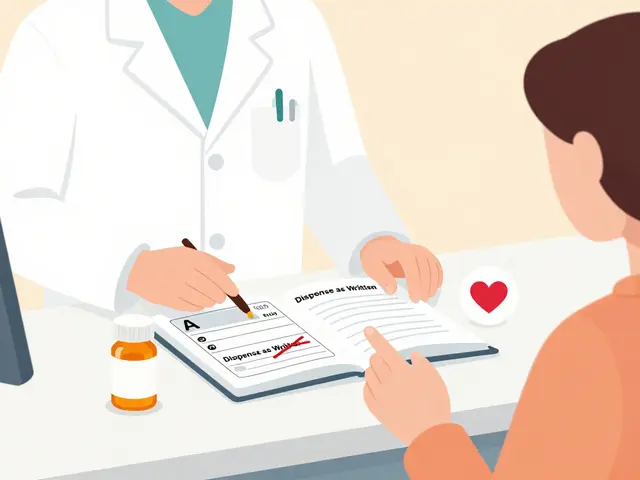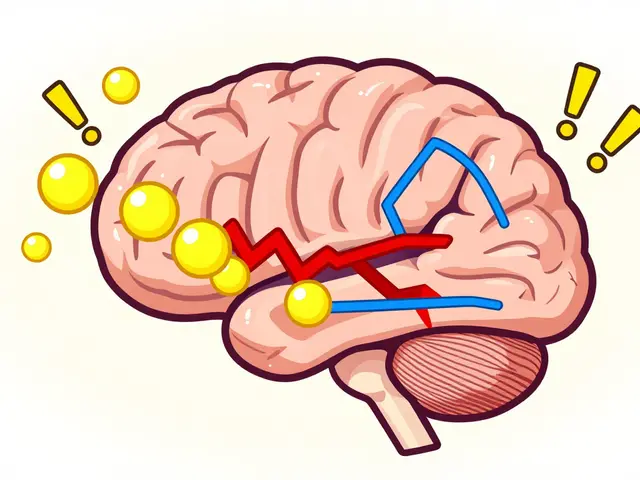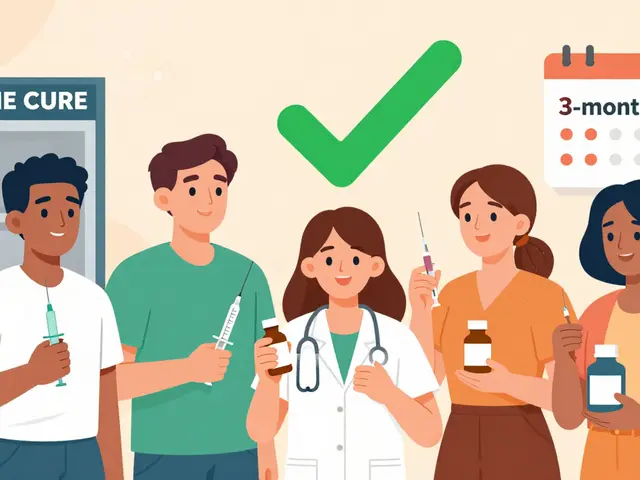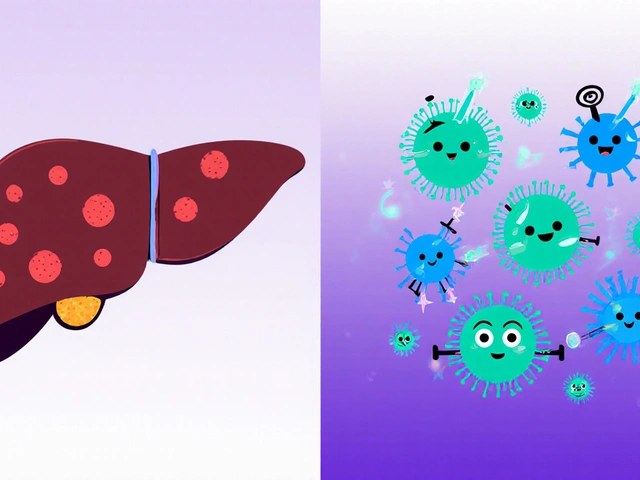Dementia treatment: practical options and what helps now
Facing dementia feels overwhelming. You want clear steps you can use today — what helps symptoms, what doctors prescribe, and what families can do to keep someone safe and engaged. This page lays out the main treatment options in plain language and gives practical tips for daily life.
Medications that can help
There are drugs that may slow symptoms or make daily life easier. Cholinesterase inhibitors — donepezil, rivastigmine, and galantamine — can help memory and thinking for some people with mild to moderate Alzheimer’s disease. Memantine is often used for moderate to severe stages and can help with thinking and behavior when combined with a cholinesterase inhibitor.
These medicines aren’t a cure. Effects vary: some people get noticeable benefit, others get small or no change. Side effects can include nausea, sleep changes, dizziness, or stomach upset. Always check with a doctor before starting, because interactions with other drugs and existing health problems matter.
Non-drug approaches that make a real difference
Daily habits affect symptoms more than many expect. Regular physical activity — even brisk walking three times a week — helps thinking and mood. A Mediterranean-style diet (vegetables, fish, healthy oils) supports brain health. Good sleep, managing blood pressure and diabetes, and quitting smoking all reduce the pace of decline.
Cognitive activities matter too: simple memory exercises, structured routines, and meaningful tasks (cooking, gardening, music) support skills and mood. Occupational therapists can suggest easy home changes and activities that keep someone independent longer.
Behavior changes — like agitation, sleep trouble, or wandering — are common. Start by looking for triggers: pain, too much noise, hunger, or missed routines. Use calming strategies first: reduce clutter, keep a steady daily routine, use soft light and familiar music. Antipsychotic drugs can help severe aggression but carry risks and should be used only when non-drug steps fail and a doctor approves.
Plan ahead. Early conversations about care preferences, legal powers, and finances reduce stress later. Ask a doctor about memory clinics, a geriatrician, or neurology services for specialist assessment and care planning.
Research continues. New disease-modifying therapies and diagnostic tests are being tested in trials. If you’re interested, ask your clinic about ongoing studies or biomarkers like imaging and blood tests — they can offer more precise diagnosis in some cases.
Finally, look after the caregiver. Join a local support group, accept help, and set simple safety steps at home: lock medications, remove fall risks, and use ID bracelets if wandering is a concern. Small changes now make life safer and calmer for everyone involved.

Exelon: Benefits, Side Effects & Uses of Rivastigmine for Dementia
Curious about Exelon and its role in managing dementia? Here's everything you need to know about rivastigmine, how it works, its benefits, and what to look out for if you or someone you care about is starting this medication. Get practical tips, real stats, and clear advice on making the most out of dementia treatment.
View More




